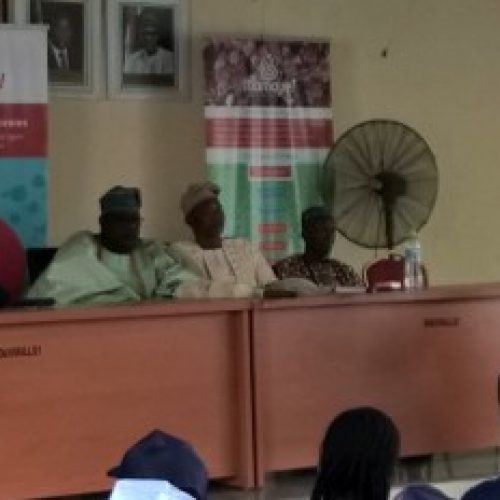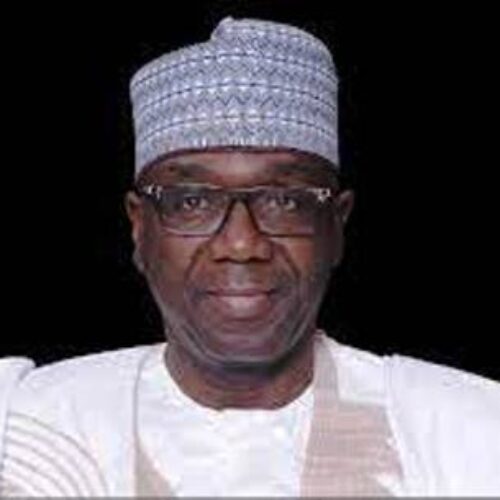Poor hygiene: Over 3.5m children suffer from diarrheal diseases annually – Minister
The Minister for Environment, Engr. Mohammed Abdullahi, today said that an estimated 3.5 million children under 5 years old in developing countries, including Nigeria, suffer from preventable diarrheal diseases annually.
He attributed the cause to unhygienic and poor sanitary conditions they live in.
Abdullahi said this in his remarks during the commencement of activities to commemorate the National Environmental Sanitation Day, held in Abuja.
According to him, “Poor sanitation has been identified as being responsible for a significant percentage of preventable communicable diseases particularly in developing countries including Nigeria.
“Large number of children die every year due to sanitation and hygiene enabled diseases. More than 3.5 million children suffer from diarrheal diseases and this is not a small figure. Children who are less than 5 years old, are more prone to such diseases.”
The minister explained that the Muhammadu Buhari-led administration which was aware of the role a clean environment plays in preventing the spread of emerging diseases such as COVID-19, Lassa Fever, Monkey Pox, Cholera etc, took steps to institutionalize efforts to promote public awareness on the need for citizens to maintain a clean environment and maintain personal hygiene.
This, he said, led to the decision to put in place policy measures to promote environmental sanitation nationwide.
Abdullahi noted that the theme of this year’s event which is: “A Clean Environment is a Healthy Environment: Get Involved,” could not have come at a better time.
According to him, the National Environmental Sanitation Day Commemoration was established by the President in 2005 at the lunch of the National Environmental Sanitation Policy document and its guidelines to be commemorated on 28th June annually.
He, however, explained that the 2022 edition was holding at this time due to the security challenges facing the nation but that the event was being commemorated at this time to further raise public awareness on the need to join hands with government to ensure a clean and healthy environment.
Earlier, the Permanent Secretary of the Ministry, in his welcome address, said, “Nigeria is rapidly developing socially and economically with the attendant negative impacts on the environment.
“These negative impacts are the result of deleterious and unsustainable human activities such as: incessant deforestation, greenhouse gas emissions, poor consumption patterns, unsustainable mining practices, increased population pressure, indiscriminate dumping of refuse, littering and other poor sanitation practices.”







0 Comments
No Comments Yet!
You can be first to comment this post!